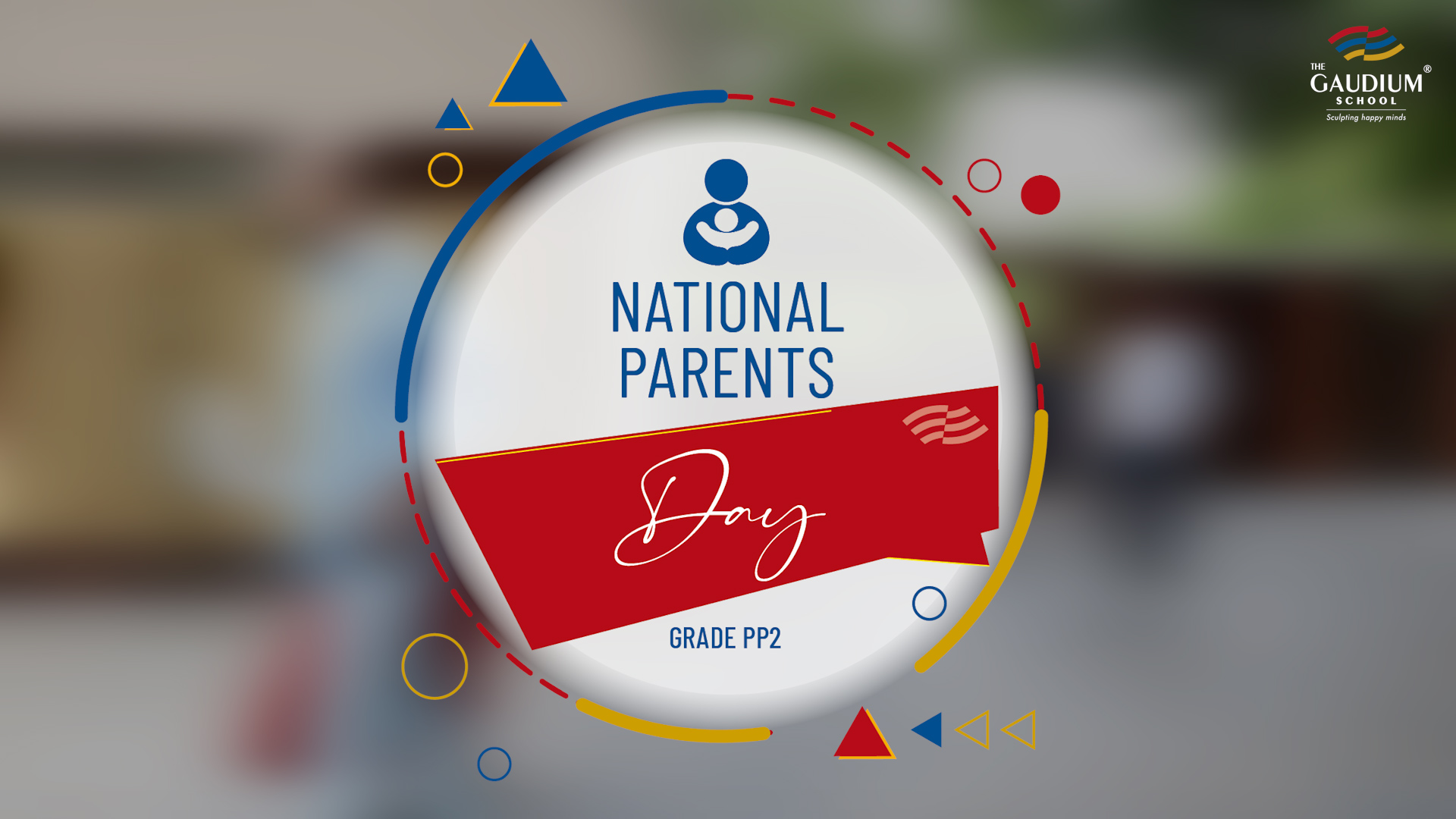Understanding relationships forms a cornerstone of children’s emotional and social development, and our recent National Parent’s Day celebration perfectly exemplified how school-based learning brings these concepts to life. When children learn about relationships in an academic setting, they gain structured insights into the complex web of human connections that shape their world. Through carefully designed units and interactive experiences, students develop the vocabulary, emotional intelligence, and critical thinking skills necessary to navigate their relationships with family, friends, teachers, and community members.
Our PP2 students recently demonstrated the power of relationship-focused education as they lit up the campus during their National Parent’s Day celebration. The heartwarming performances, joyful activities, and touching moments they shared with their parents weren’t just entertainment—they were the culmination of meaningful classroom learning about human connections. Through their unit on Relationships, these young learners had been exploring fundamental questions about what makes relationships meaningful, how we show care and appreciation, and why certain people hold special places in our hearts.
The school environment provides a unique and invaluable setting for children to understand relationship concepts because it offers both theoretical frameworks and practical applications. In the classroom, students can safely explore different types of relationships, discuss emotions and communication strategies, and practice empathy through role-playing and group activities. When these lessons are then applied to real-world situations—like celebrating the relationship between children and parents—the learning becomes deeply embedded and personally meaningful. This experiential approach helps children move beyond abstract concepts to genuine understanding.
What made this celebration particularly powerful was how our little ones were able to express gratitude to their biggest supporters through the lens of their academic learning. The performances and activities weren’t random acts of appreciation but thoughtful expressions rooted in their classroom discussions about relationships, gratitude, and the importance of acknowledging those who care for us. This connection between learning and authentic expression helps children understand that education isn’t separate from life—it’s a tool for making sense of and enhancing their most important experiences.
The importance of relationship education cannot be overstated, as these early lessons lay the foundation for how children will connect with others throughout their lives. When schools prioritize teaching about relationships, they’re not just covering curriculum—they’re nurturing emotionally intelligent, empathetic, and socially capable individuals. Thank you, dear parents, for joining us in this celebration and for recognizing that together, we are creating not just memories that will last a lifetime, but also the relational skills and understanding that will serve these children well into their futures. These shared moments of learning and connection demonstrate that education is most powerful when it brings families and schools together in meaningful partnership.






Leave A Comment